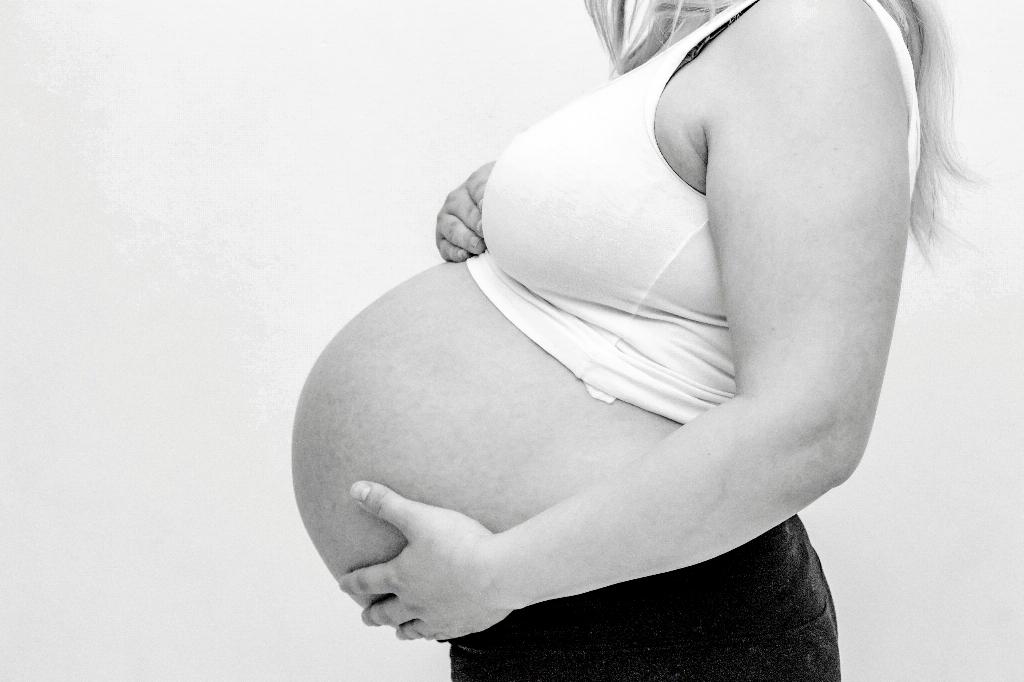Childbirth is a miraculous event that marks the beginning of a new chapter in a parent’s life. However, the method of delivery can have a profound impact on the health and well-being of the newborn. In recent years, there has been increasing concern about the potential health risks associated with C-section deliveries compared to vaginal births.
The Link Between C-Section Deliveries and Health Conditions
A study conducted on both female and male babies born via C-section revealed alarming findings. These infants were found to be significantly more likely to develop diabetes, arthritis, Celiac disease, and inflammatory bowel disease when compared to babies delivered vaginally. This raises the question: Are C-section babies unhealthier?
Understanding the Potential Factors at Play
Several factors may contribute to the increased risk of health conditions among C-section babies. One possible explanation is the difference in the microbial exposure during birth. Babies born via C-section miss out on exposure to the beneficial microbes in the birth canal, which play a crucial role in developing a healthy immune system.
The Role of the Microbiome in Infant Health
The microbiome, the diverse community of microorganisms that inhabit the human body, plays a key role in maintaining overall health. Disruptions to the establishment of the infant’s microbiome during birth, such as in the case of C-section deliveries, can have long-lasting implications for the child’s health.
Weighing the Benefits and Risks of C-Section Deliveries
While C-sections are sometimes necessary for the health and safety of the mother and baby, it is essential to consider the potential long-term health consequences. Healthcare providers and parents must weigh the benefits of a C-section against the risks and take steps to mitigate any potential negative impact on the infant’s health.
Addressing the Importance of Early Interventions
Early interventions, such as promoting breastfeeding, implementing a diverse and healthy diet, and supporting the development of a robust immune system, can help mitigate some of the risks associated with C-section deliveries. Educating parents on these interventions is crucial in promoting the overall health and well-being of their children.
Considering Individual Health Factors
It is important to recognize that each child is unique, and individual health factors can also play a significant role in determining their susceptibility to certain health conditions. While C-section deliveries may pose an increased risk for some infants, other factors, such as genetics and lifestyle choices, should also be taken into account.
Emphasizing the Importance of Continued Research
As our understanding of the impact of C-section deliveries on infant health continues to evolve, ongoing research is essential to shed light on the long-term implications. By investing in research efforts, we can gain valuable insights into how best to support the health and well-being of all newborns, regardless of their mode of delivery.
Empowering Parents to Make Informed Decisions
Empowering parents with knowledge and information about the potential risks and benefits of different delivery methods is crucial in allowing them to make informed decisions about childbirth. By fostering open communication between healthcare providers and expectant parents, we can ensure that every child receives the best possible start in life.
Conclusion
In conclusion, while C-section deliveries may pose certain risks to infant health, it is essential to approach this issue with awareness and understanding. By considering the factors at play, implementing early interventions, and prioritizing ongoing research, we can work towards ensuring the optimal health and well-being of all newborns, regardless of their mode of delivery.

